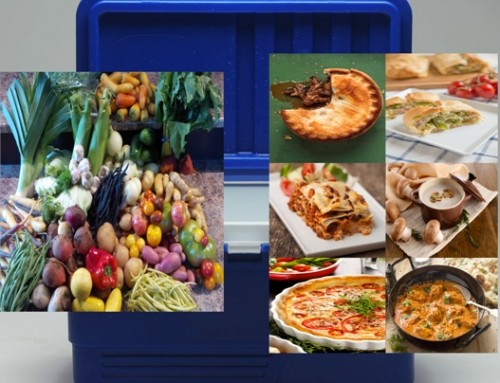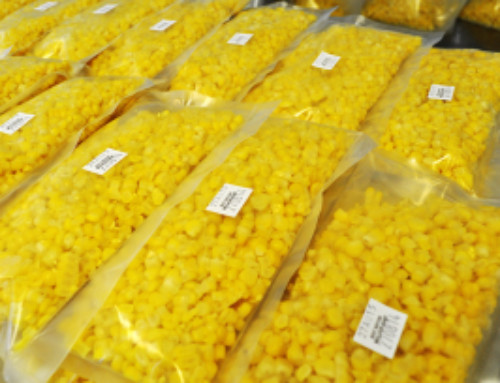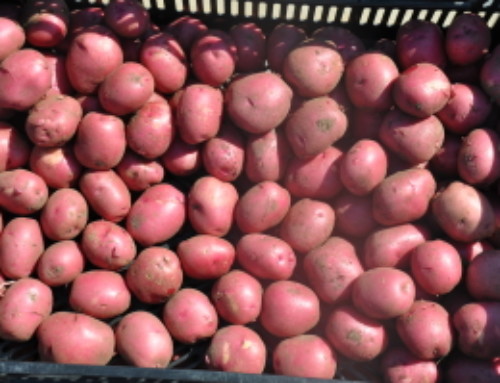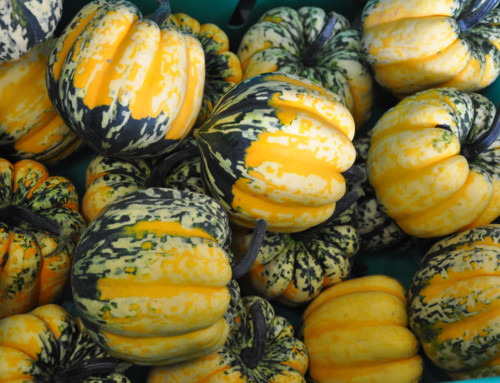ORGANIC FOOD IS STILL THE BETTER CHOICE
By Simon Neufeld
The CBC reported recently on the Canadian Food Inspection Agency’s tests for pesticide
residues on organic and conventional produce in Canadian grocery stores. The concern
about pesticide residues is real: we should be wary of exposing ourselves to chronic
low doses of complex and untested chemical mixtures. People are right to choose organic
produce as a way to reduce exposure to these unknown risks.
According to the report, CFIA testing between 2011 and 2013 found pesticide residues in
both conventional and organic produce. Almost half the organic produce tested positive
for at least trace amounts of pesticide.
Based on this fact, the story implied that organics were practicing “false advertising.”
This kind of story is perennial. The challenge for those of us in the organic industry
is to respond to these reports by reminding the public about the good reasons to choose
organic instead of conventional, while dispelling some of the misunderstandings about
what organic food is.
There are a few common misunderstandings about organic food that come to mind:
1. Organic food is certified to be free of pesticides. In fact, organic certification
addresses the process by which the food was produced. It does not certify the finished
product. The Canadian Organic Standard states that “Organic practices and this standard
cannot assure that organic products are entirely free of residues of substances prohibited
by this standard… since exposure to such compounds from the atmosphere, soil, ground water
and other sources may be beyond the control of the operator.” It goes on to state that the
objective for organics is “to assure the least possible residues at the lowest possible levels.”
2. Organic agriculture is simply farming without pesticides. Organic standards encompass
much more than just a ban on synthetic pesticides. Organic farmers must use longer crop
rotations that promote biodiversity, they must protect the soil from erosion, degradation,
and sterilization, they must manage their livestock using higher welfare standards than
conventional farmers. Organic farmers are allowed to use a select range of natural pesticides
that are derived with minimal processing from minerals or plants. For example, insecticidal
soap is an effective tool used for insect control by organic market gardeners. The list of
permitted substances for organic agriculture is surprisingly detailed. It is published by the
Canadian Government, and is enforced by third-party certifiers that audit every certified
organic farm in Canada every year. Organic farmers that do not follow the rules face
penalties or the loss of their certification.
3. Organics are not worth the extra money because we cannot trust the labeling. Organic crop
yields are for the most part lower than their conventional counterparts. In addition, inputs
like seed and organic-compliant sources of soil fertility can cost more than conventional
seed and fertilizer, and organic farmers must pay the annual cost of certification itself.
The premium paid for organic food compensates organic farmers for these economic disadvantages.
The fact that some dishonest conventional farmers and food processors have taken
advantage of the organic premium to squeeze some extra profit (like a bakery in B.C.
selling conventional bread as organic) is not a strike against organic farmers. It is
merely further evidence that the CFIA must adequately enforce the Canadian Organic Standard.
There remain many solid reasons to choose organic instead of conventional produce. One reason
was contained in the pesticide residue story itself: organic produce contains drastically
lower amounts of pesticide than conventional produce. In the CFIA testing, while about
half the organics tested positive,conventional produce tested positive almost 80% of the
time. In addition, when pesticides were found on organic produce, the levels were lower
on average than those on conventional produce. For example, average levels of thiabendazol
(a fungicide) were 15 times higher on conventional apples compared to organic.
Thus, eating an organic diet will reduce your exposure to agricultural chemicals.
But there are other reasons to choose organic: the “carbon footprint” of organic farming is
significantly lower than conventional, mostly due to the vast quantity of natural gas used
in the production of nitrogen fertilizer for conventional farms. The diversified crop rotations
used by organic farmers promote greater biodiversity of wildlife, birds, and beneficial
insects. The fact that organic farms are not using synthetic pesticides means that organic
farm labourers around the world are not being sprayed by pesticides directly. The improved
richness of soil in organic agriculture means less erosion, better natural fertility,
and a general improvement in the soil’s ability to recover from environmental stresses
like dry or wet years.
Organic agriculture is not only doing its part to slow climate change, but is also the form of
agriculture best suited to adapt to climate change as it progresses.
Clearly the demand for safe, nutritious food will continue to grow in coming years, and it is
important for organic farmers to meet the challenge this demand presents. Eco Farm Day is an
annual farm conference hosted by Canadian Organic Growers, Ottawa – St. Lawrence – Outaouais
chapter in Cornwall, ON. This year’s conference is titled “Getting to the Roots” and our program
is designed to promoting the kind of successful organic farming that will meet the growing demand
for safe, healthy food produced in a way that protects the environment. Speakers will include
Matt Holmes of the Canadian Organic Trade Association on market outlooks and his response
to the recent pesticide residue media coverage, Jodi Koberinski of the Organic Council of Ontario
on the real health benefits of organic food, and Jean-Martin Fortier on bio-intensive organic
gardening. For more information about this year’s conference, visit the Eco Farm Day website
at www.ecofarmday.ca.
About the author: Simon Neufeld is an organic agronomist with Homestead Organics in Berwick, ON,
and Eco Farm Day 2014 conference chair. Eco Farm Day is an annual organic farming conference
hosted by Canadian Organic Growers, Ottawa – St. Lawrence – Outaouais chapter.





Nices blog, I believe that we are what we eat…better food equals better health!